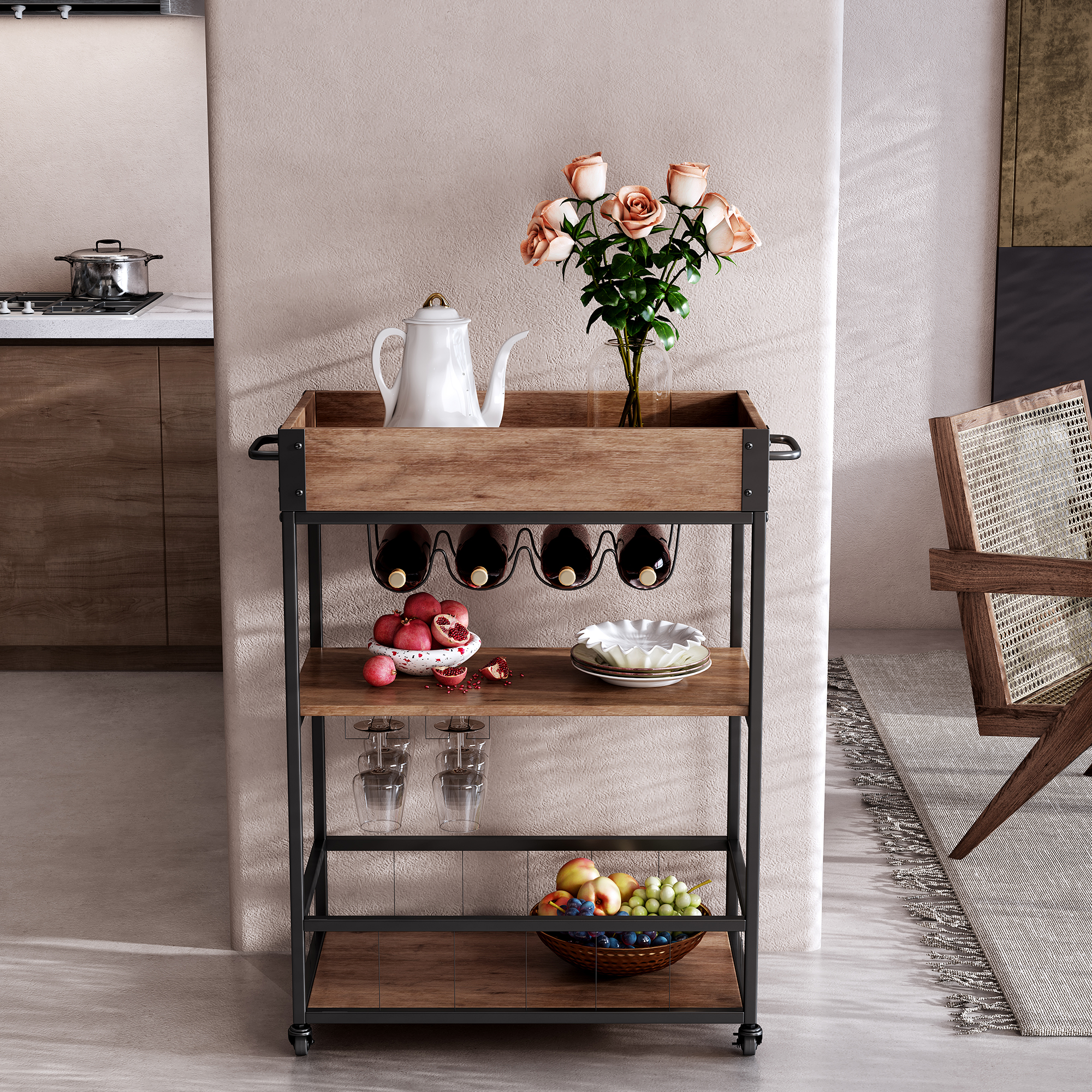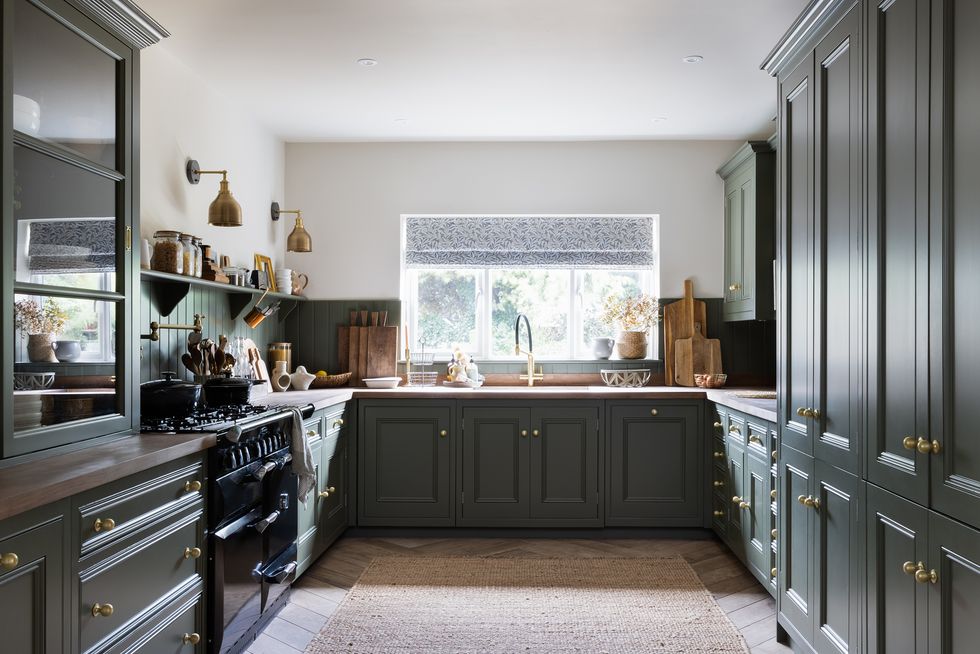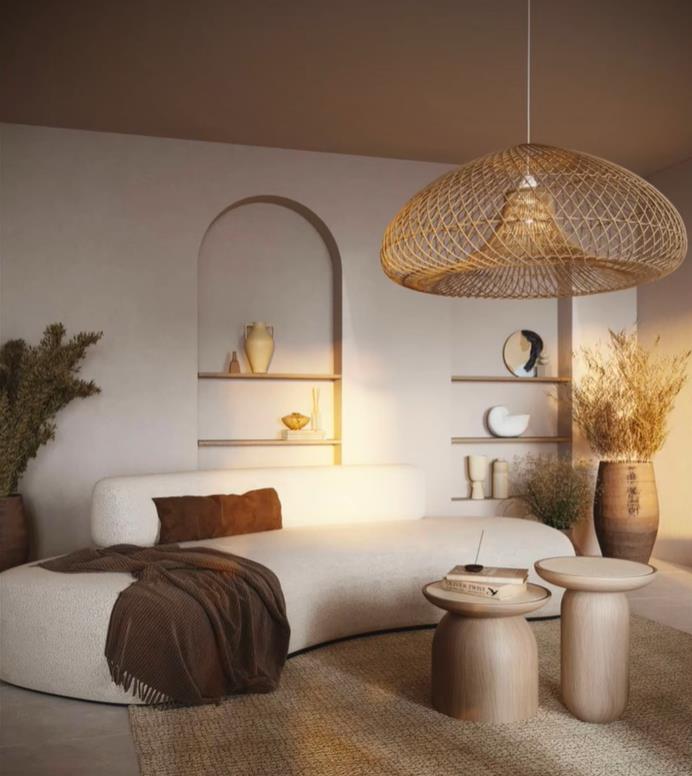How Do You Store Wine Glasses Long Term? | GLASS LOVER’S GUIDE
If you enjoy entertaining guests at home, I am sure you face the daunting task of rummaging through and storing glassware on a regular basis. Glassware, unlike other items, is fragile and may be expensive - not only in terms of money but also in terms of sentimental value. Thus, long-term storage of glassware is unquestionably required in order to maintain their form and utility over time.
Storing wine glasses for a long time entails properly preparing them to remain usable during storage and then storing them in a manner that minimizes threats of physical damage such as chipping or cracking, organic growth such as molds, and so on. Proper storage orientation, adequate spacing, and stuffing aid in the former, while proper cleaning, sanitization, and drying aid in the latter.
In our session today, we discuss each of these aspects of wine glass storage and glass storage in general, in our quest for the best way to store wine glasses for the long term. Let's start with the whys, examining why the concept of cleaning and storing glassware is important.
Why cleaning and storing of glassware is important?
Clean glassware will avoid any organic buildup, which may compromise its safety when used. Furthermore, a dirty piece of glassware can easily rub off on other pieces, spreading the problem. Clean glassware also lasts longer in storage, which means you won't have to replace it in stages.
The beauty of glassware in terms of storage and preservation is that it is non porous, making it highly resistant to aesthetic deterioration due to decay. However, it is susceptible to organic buildup and even chipping or cracking, which is why proper glassware storage and handling is critical.
THE GLASSWARE STORAGE DECISION
Let us begin our discussion today by looking at the issue of long and short term storage of glassware in general. When deciding where to store glassware, it is critical to consider where to store glassware, how to store it (orientation and form of the glassware in storage), packing it and preparing it for storage, and finally the actual storage.
Let's tackle these one by one at a high level before delving into specific types of glassware storage.
STORING WINE GLASSES
Glassware, like everything else in life, is not created equal. Neither are the strategies for storing them. Let's take a look at how to store wine glasses - a very common type of glassware - to keep them gleaming and safe for long term use.
Although wine glasses are a common type of glassware, there are subtypes within this category as well. What we call wine glasses can be one of three types: red wine glasses (which have a rounder and much larger bowl to swirl and aerate the wine), white wine glasses (which have a slightly longer but narrower drinking area), or flute glasses ( Longer , smaller and thinner drinking bowl).
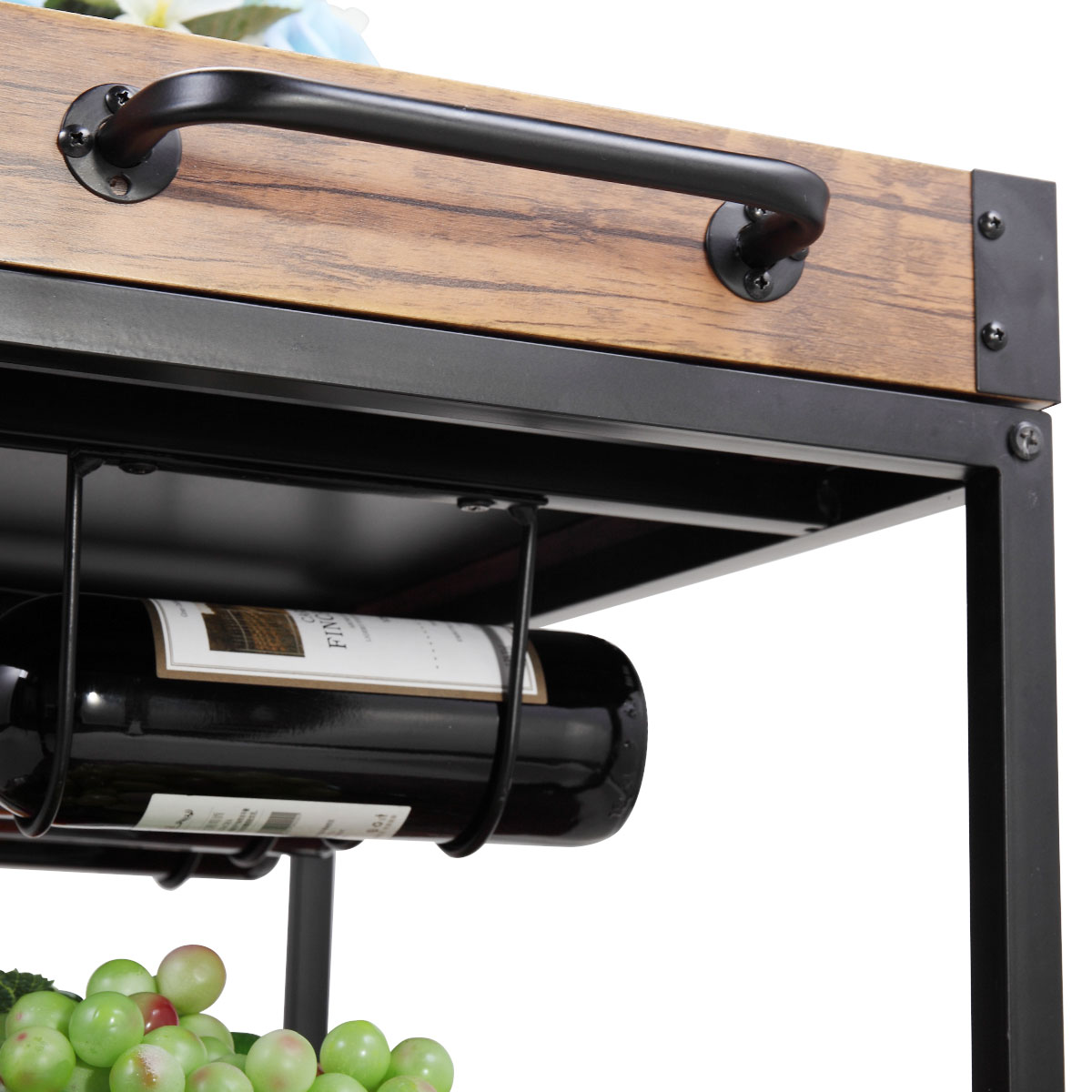
What is the best way to store wine glasses?
Wine glasses are very delicate, especially on the bottom, and thus require special care when storing them, whether short or long term. As a result, they are best stored with the rim facing up.
- Before storing wine glasses, make sure they are thoroughly cleaned and dried. It is critical to soak them in warm water and then scrub clean to remove dirt or other agents so that there is no sitting accumulation in storage. It is also critical to completely dry the wine glasses before storing them.
- Never store wine glasses with other hard objects that could shatter them.
- Wine glasses should be stored in containers or boxes with adequate padding. This padding can be achieved with hay or soft fillers such as cotton lumps, sponges, and so on.
- Keep the boxes with wine glasses as close to the ground as possible to reduce the risk of toppling and shattering the contents. Also, keep them in a location where you won't have to move them too often.
Where do you store wine glasses in the kitchen?
The location of your wine glasses in the kitchen is determined by two factors:
- keeping the glasses safe from damage and using them to add to the decor of your kitchen. If the latter is your preference, it is a good idea to have a clear faced cupboard to store the glasses in, so that they are protected from dust or damage while on display.
- Wooden cabinets are ideal for storing wine glasses. The wood's rough texture provides a good abrasive base for the gentle wine glasses.
- Hanging wine glasses is an excellent way to display and store wine glasses. This can be accomplished by installing rails beneath cabinets or above the sink for practical ease of retrieval of the glasses. This technique will also assist you in stacking the glasses away from the ground, keeping them out of reach of children or pets.
- When storing wine glasses in an open kitchen, it is best to store them with the rim down. This reduces the likelihood of the rim chipping and keeps the cup dry and clean.
Should you store wine glasses up or down?
While there are advocates for storing wine glasses both up and down, it is best to store them with the rim facing the surface. The rim is the thinnest part of the glass structurally, and thus the easiest to chip. It is therefore best to avoid any thrusts on it when placing or picking up the glass, which can be accomplished by placing it upside down. This will also keep dirt and dust from accumulating on the cup.
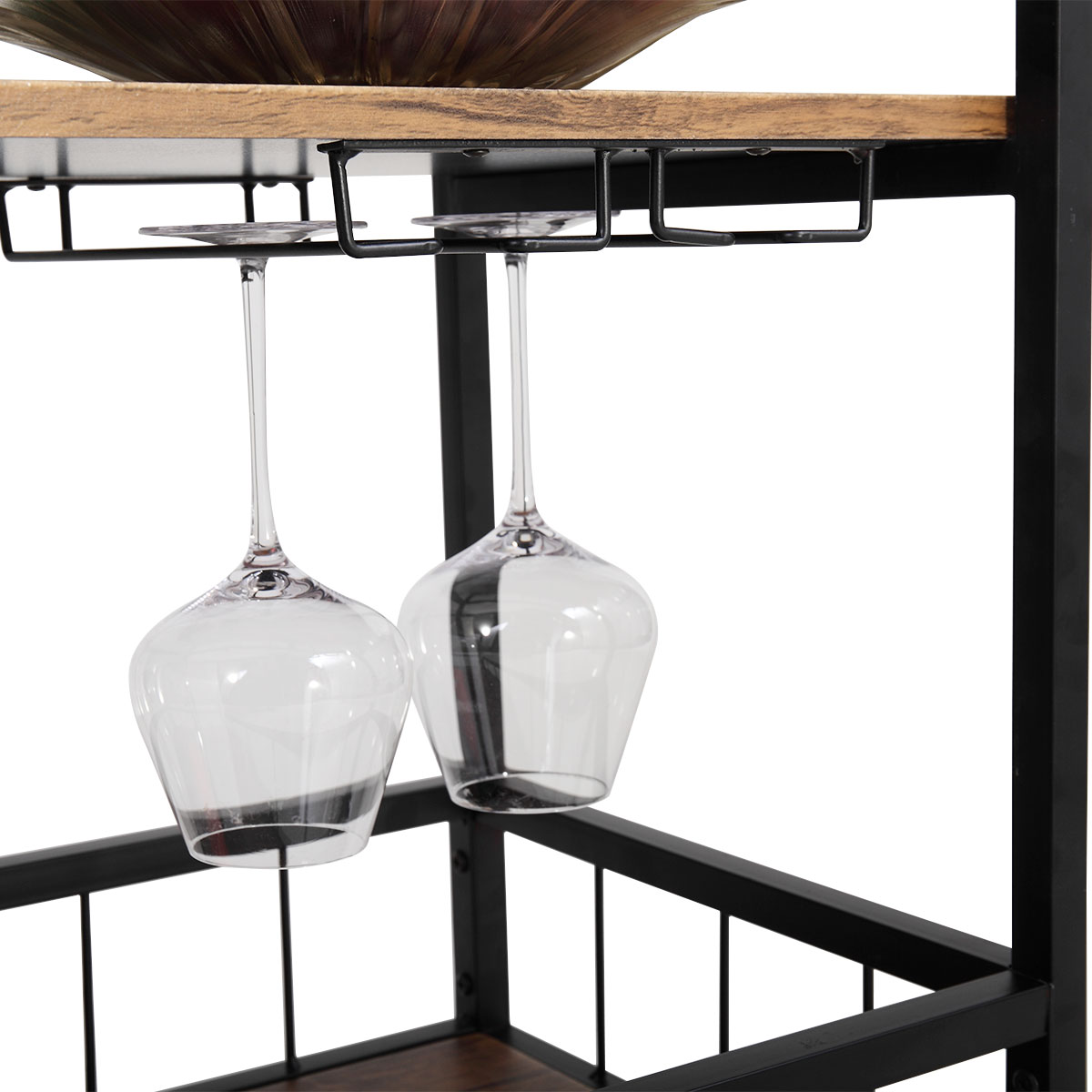
How to store wine glasses in a box?
Before storing wine glasses in a box or other closed container, make sure to thoroughly clean and dry them. This is critical because any accumulated or persistent dirt or stain can cause mold or bacterial build-up on it, particularly in the enclosed environment of the box.
After cleaning and drying, find a compartmentalized container and carefully place the glasses in it. This is significant because if the wine glasses are stored next to each other, they may cling to each other and chip.
To absorb any shocks, a thick layer of cushioning should be placed between the compartment walls and the glasses. Stuffing with coir, soft pads, hay, and cotton lumps can accomplish this.
How do you store wine glasses in a cabinet?
If you want to store wine glasses on a stable surface rather than hanging them, the kitchen cabinet is an excellent choice. Begin by selecting a cabinet that is at a certain height above the ground, keeping the glasses away from pets, children, and any unintended shocks.
- Next, it is critical to have a stable surface in the cabinet to store the wine glasses so that there is no risk of chipping or toppling.
- While it's a good idea to hang wine glasses upside down and place them similarly in a box for storage, I prefer to store them upright, with the rim upwards, in a cabinet. I usually cover them with a paper base to keep the dust at bay while still allowing me to grip and retrieve them safely from the cabinet.
- To reduce the risk of clinging, avoid cramming too many glasses side by side and keep at least a 1.5-inch gap between adjacent glasses.
CONCLUSION
As previously stated, the greatest advantage of storing glassware such as wine glasses is that their inert, non-porous nature makes them resistant to any aesthetic or chemical deterioration. However, there is a risk of organic or bacterial growth in it during storage, especially since it is exposed to sugar-rich consumable liquids. This is why it is critical to clean wine glasses with warm water and thoroughly dry them before storing them.
In terms of storage, keeping the holding cup upside down keeps it dust free, but it increases the risk of chipping the rim, which is the thinnest part of the wine glass. Storing them with enough padding and spaced out by at least 1.5 inches is a smart way to ensure that they last in usable form and glory for the long term!
I hope you enjoyed it. Look around for some more unusual storage ideas and solutions, and please let us know if you have any suggestions. Have fun storing!

